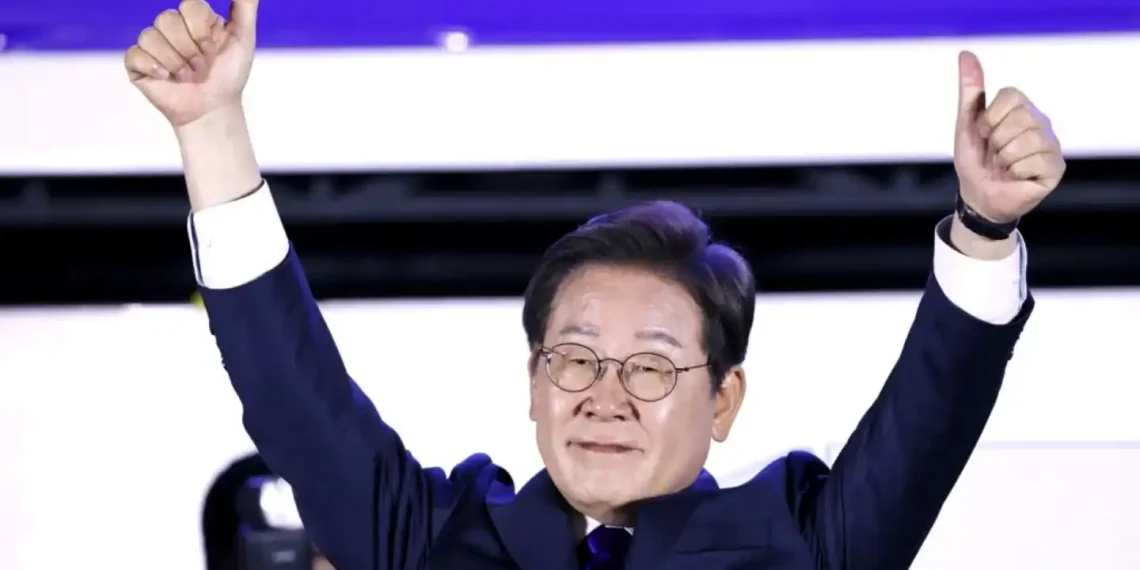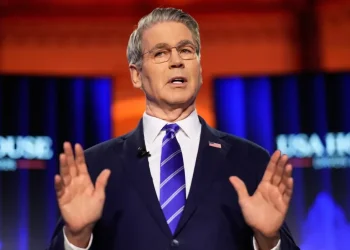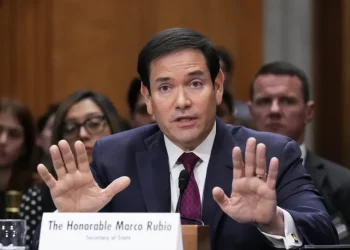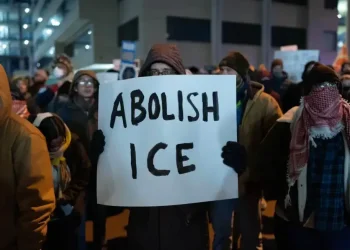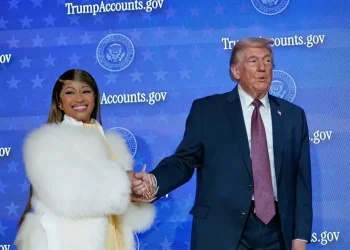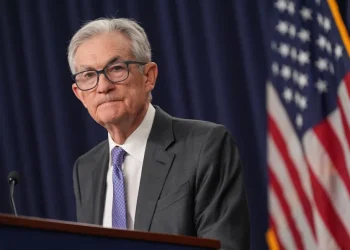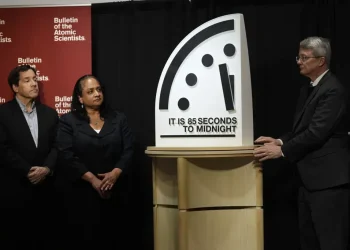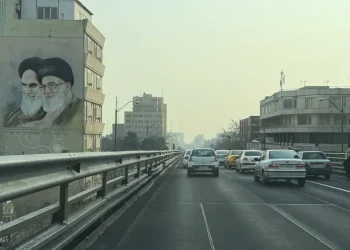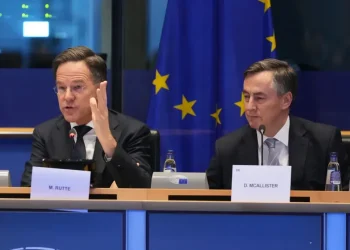South Korea Elects Lee Jae-myung After Months of Turmoil — But the Real Test Begins Now
After a turbulent stretch in South Korean politics, voters have delivered a clear message: it’s time for change. Opposition leader Lee Jae-myung has secured the presidency, marking a dramatic comeback just three years after he narrowly lost his previous bid.
But while Lee has won the top job, he inherits a nation deeply divided — and a long list of challenges both at home and abroad.
A Win Shaped by Crisis
Lee’s victory comes on the heels of political chaos sparked by former President Yoon Suk Yeol’s failed attempt to impose martial law. The move led to massive street protests, Yoon’s impeachment, and a stunning fall from power. He now faces criminal charges for abuse of authority.
With Yoon’s presidency in ruins, the ruling People Power Party (PPP) unraveled. Infighting delayed their choice of a candidate until the last minute. Their pick, Kim Moon-soo — once a close Yoon ally — trailed badly in the polls and conceded shortly after results rolled in.
Not Just a Vote for Lee — A Rejection of the Status Quo
Analysts say this election was less about love for Lee’s platform and more about frustration with the ruling party.
“Voters weren’t necessarily rallying behind Lee’s policies,” said Park Sung-min, president of Min Consulting. “This was a protest vote — a rejection of authoritarianism and a demand to restore democratic norms.”
Indeed, Lee himself framed his win in those terms, declaring that “recovering democracy” would be his top priority.
From Scandal to Second Chance
Lee’s return to the political spotlight is remarkable. His past is riddled with controversies — from corruption investigations to highly publicized family disputes. But despite the baggage, he’s cultivated a fiercely loyal following.
Raised in a working-class family, Lee worked as a human rights lawyer before rising through the ranks of the Democratic Party (DP). In his last campaign, he ran on a progressive platform, advocating for gender equality and social reforms. This time, he pivoted toward the political center — a safer approach that seems to have paid off.
The Legal Cloud Hanging Over the Presidency
While Lee now occupies the Blue House, his legal troubles haven’t disappeared. He still faces a Supreme Court trial for allegedly violating election laws. The trial was postponed to avoid influencing the vote, but if convicted, the consequences remain unclear.
Under South Korean law, sitting presidents are immune from prosecution — unless the charges involve insurrection or treason. So, for now, Lee is shielded, but the case is far from closed.
A Nation Divided, A Mandate to Heal
Lee’s biggest test may not be legal or diplomatic — it’s emotional. The country is politically fractured. Polarization deepened under both the Moon and Yoon administrations, and many voters remain disillusioned.
Rebuilding trust means working with the very party that helped orchestrate his defeat just a few years ago. Reaching across the aisle to the PPP will be no easy task, especially as many of Yoon’s supporters — particularly young men and older voters — still stand by the former president.
“Lee faces a profound dilemma,” said Park. “He must pursue accountability for what many view as an attempted insurrection, but without making the divide even worse.”
A Volatile Right-Wing Base
Despite the PPP’s loss, the conservative base remains loud and energized. In January, thousands protested Yoon’s impeachment — even storming a courthouse. Many believe the martial law move was justified and continue to spread conspiracy theories about election fraud.
Among this group, a new figure has begun to rise: Lee Jun-seok, a young, outspoken conservative known for his anti-feminist rhetoric. Though he dropped out of the presidential race after polling just 7.7%, his appeal to young male voters echoes some of Yoon’s most divisive positions.
Record Voter Turnout Signals a Nation Demanding Change
This year’s election saw the highest turnout since 1997 — 79.4% — a reflection of the high stakes and fierce emotions. Voters came out in droves: some to stop the PPP, others to prevent Lee from taking office.
Lee’s victory, however, means he now represents all of them — including those who didn’t vote for him.
Looking Outward: The Trump Factor
Beyond domestic drama, Lee faces urgent international hurdles. At the top of the list? Negotiating a trade deal with newly elected U.S. President Donald Trump, in hopes of softening the blow of American tariffs.
“South Korea’s internal struggles are now tightly linked to global dynamics,” said Park. “The U.S. is not just a key trading partner — it’s also our main security ally.”
With economic growth slowing, striking a favorable deal will be critical for South Korea’s financial future.
The Road Ahead
Lee Jae-myung begins his presidency with a pledge: to rise to the occasion and lead with responsibility.
“I will do my utmost to fulfill the great responsibility and mission entrusted to me,” he told reporters. “I will not disappoint the expectations of our people.”
South Koreans are hoping those words mark the start of healing — and not just another chapter in the country’s political drama.
This article was rewritten by JournosNews.com based on verified reporting from trusted sources. The content has been independently reviewed, fact-checked, and edited for accuracy, neutrality, tone, and global readability in accordance with Google News and AdSense standards.
All opinions, quotes, or statements from contributors, experts, or sourced organizations do not necessarily reflect the views of JournosNews.com. JournosNews.com maintains full editorial independence from any external funders, sponsors, or organizations.
Stay informed with JournosNews.com — your trusted source for verified global reporting and in-depth analysis. Follow us on Google News, BlueSky, and X for real-time updates.
